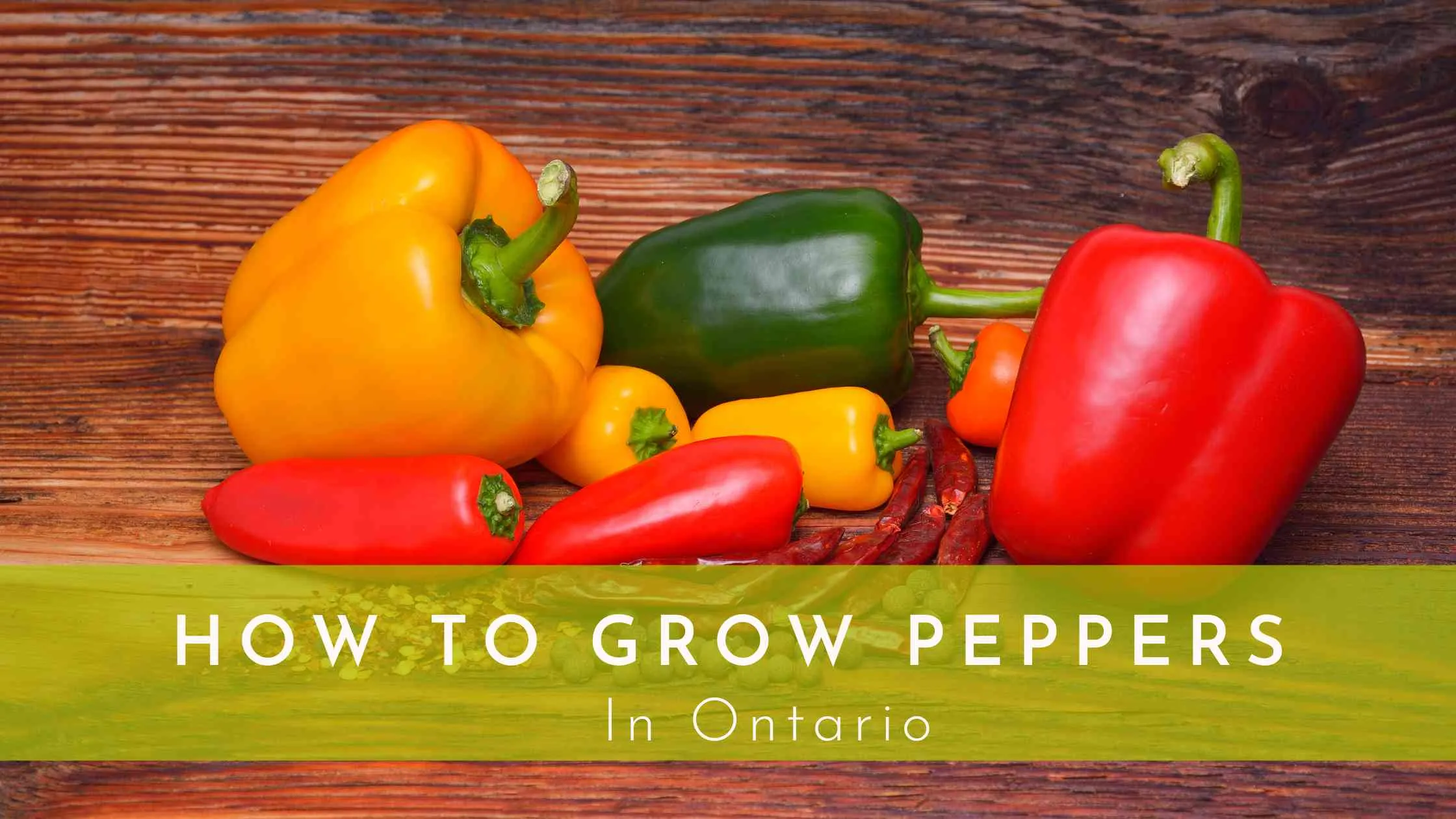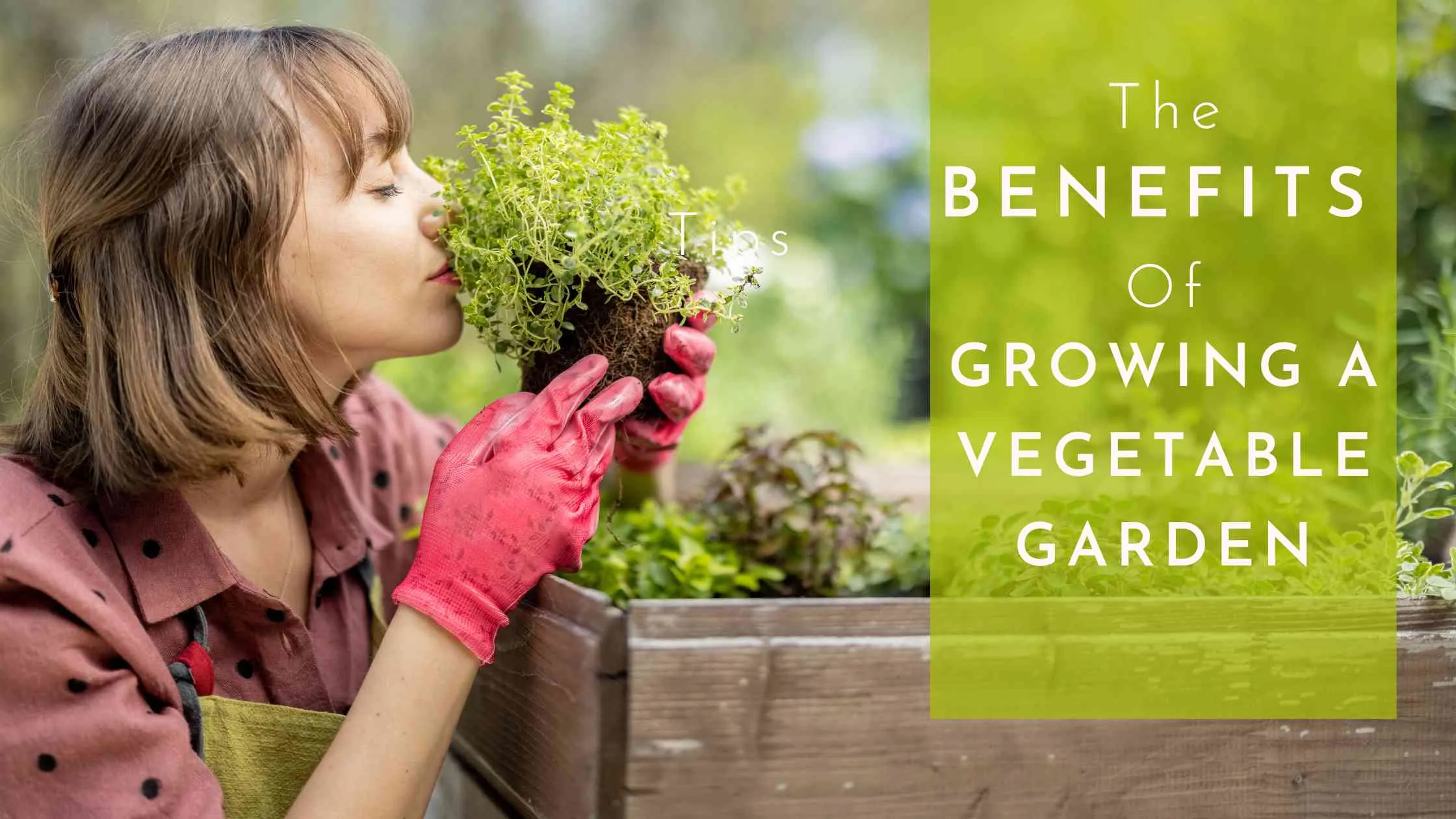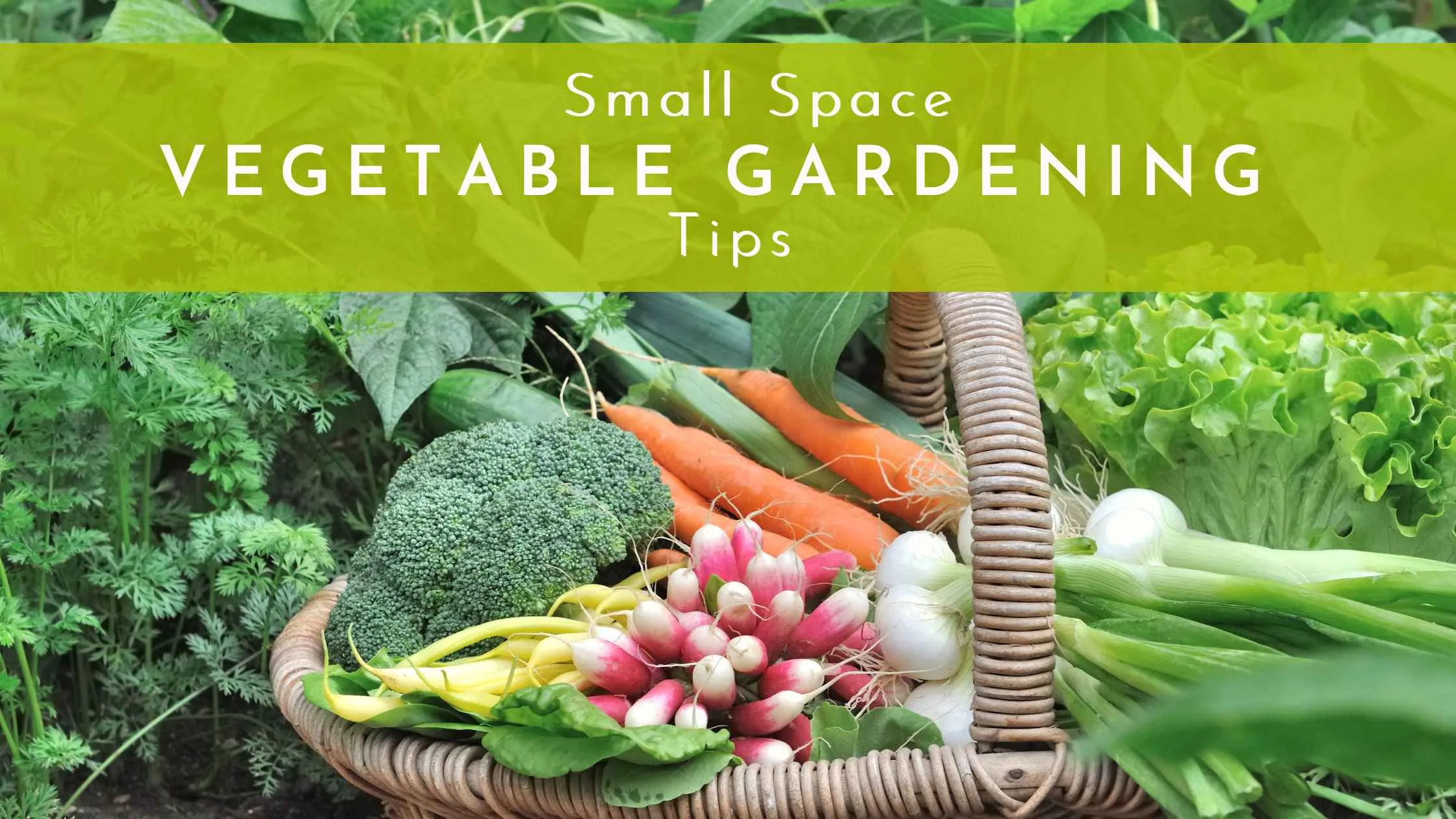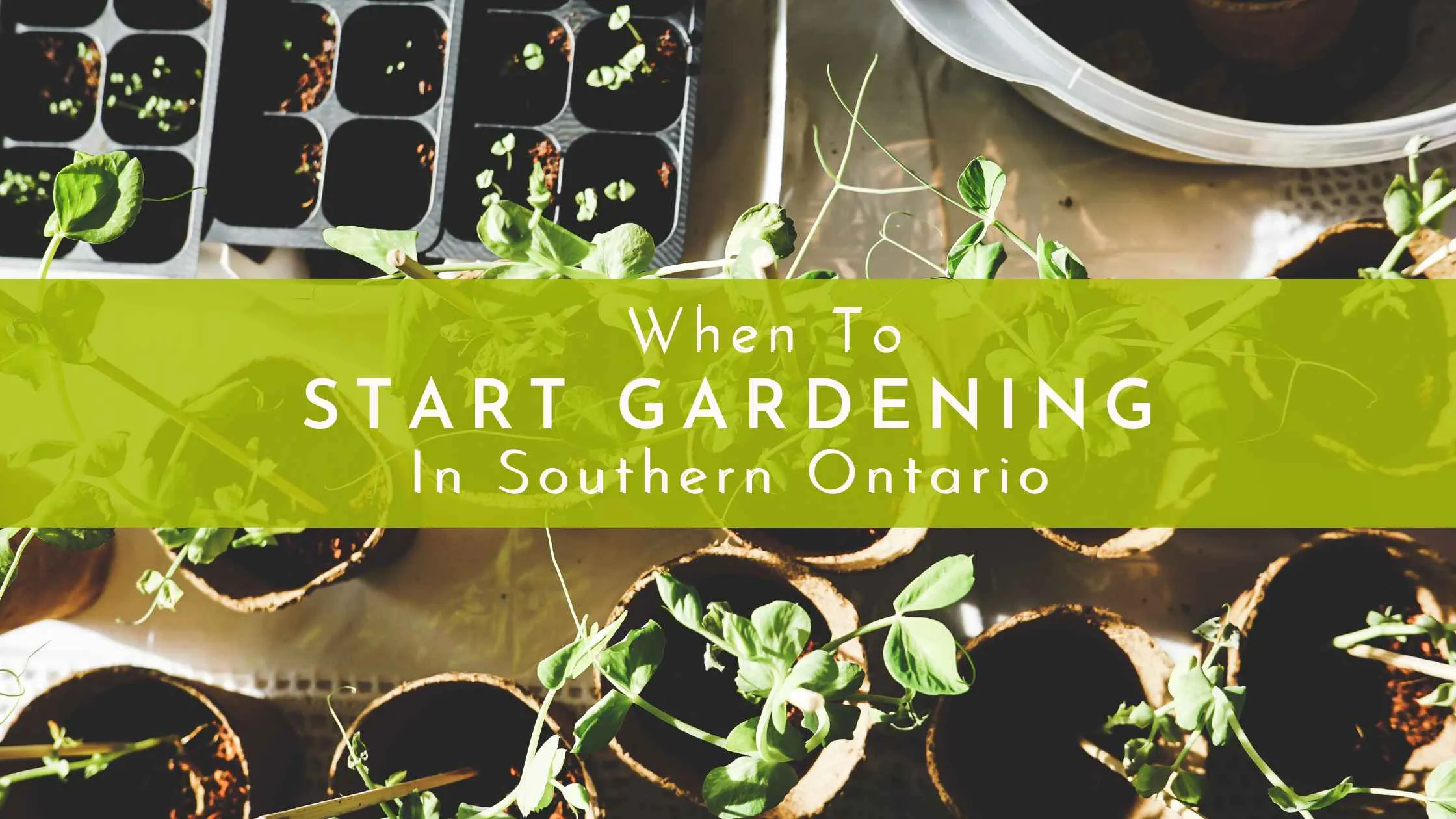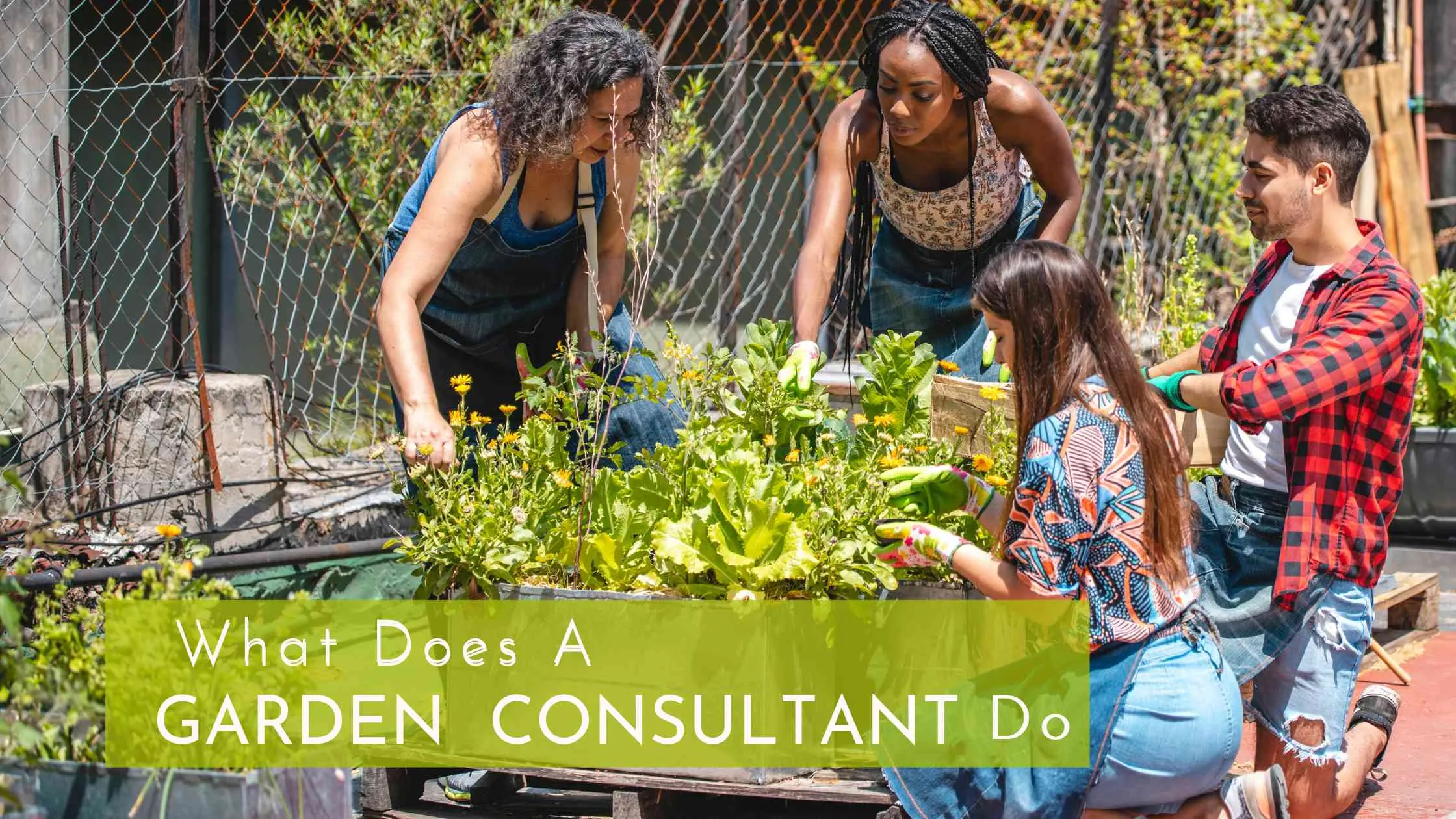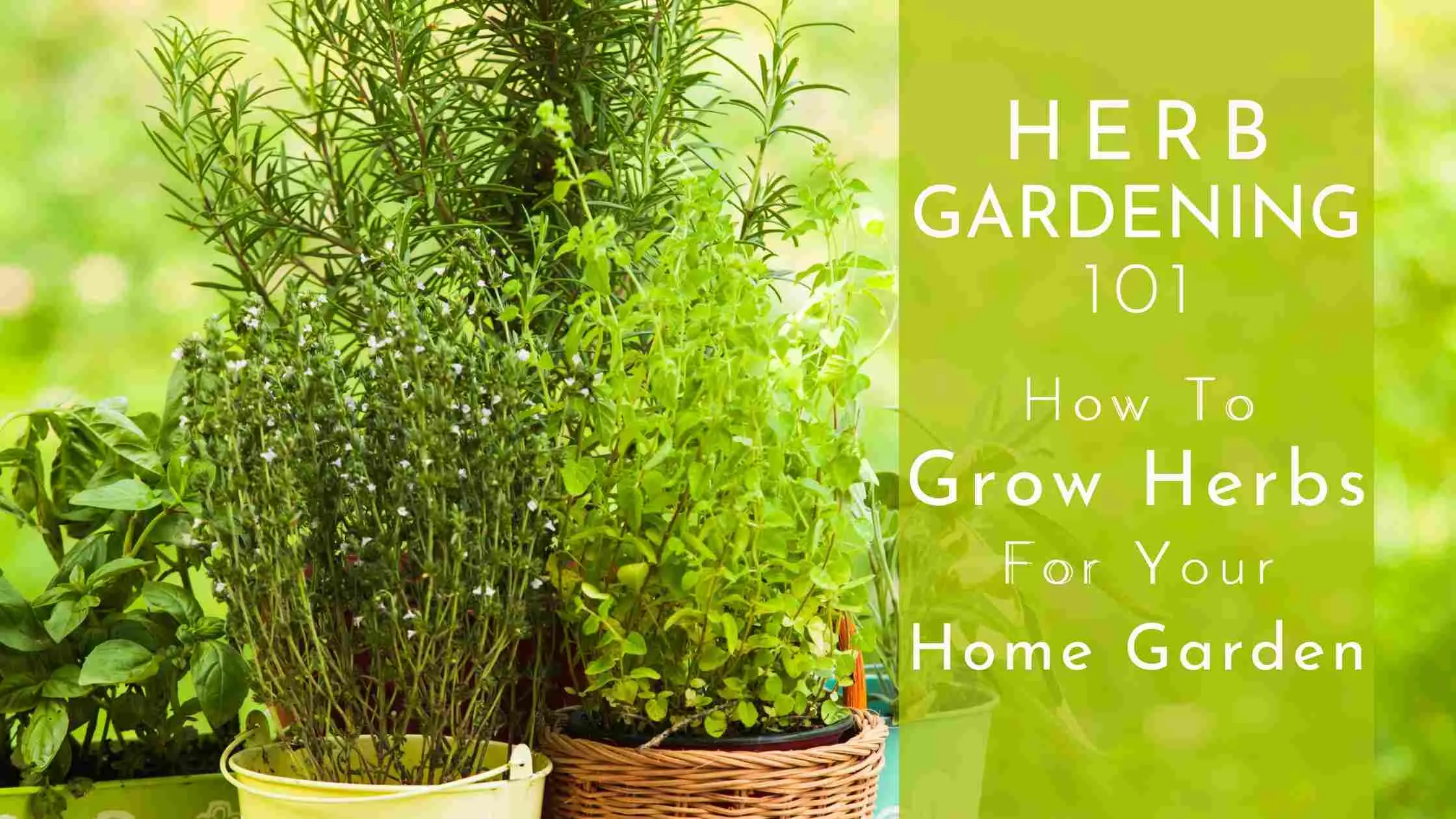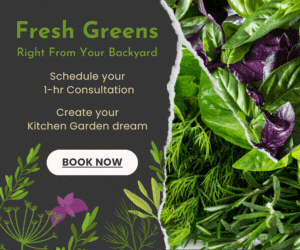Overcoming Common Gardening Challenges with Organic Solutions
Gardening in Brampton, Ontario, offers a unique and rewarding experience; however, it's not without its challenges. Gardeners face unique obstacles, from managing the temperate climate to dealing with pests and wildlife.
This blog post will delve into common gardening challenges in the Brampton and southern Ontario region and provide effective organic solutions for growing a flourishing garden. With these solutions, you can confidently overcome any obstacle that comes your way.
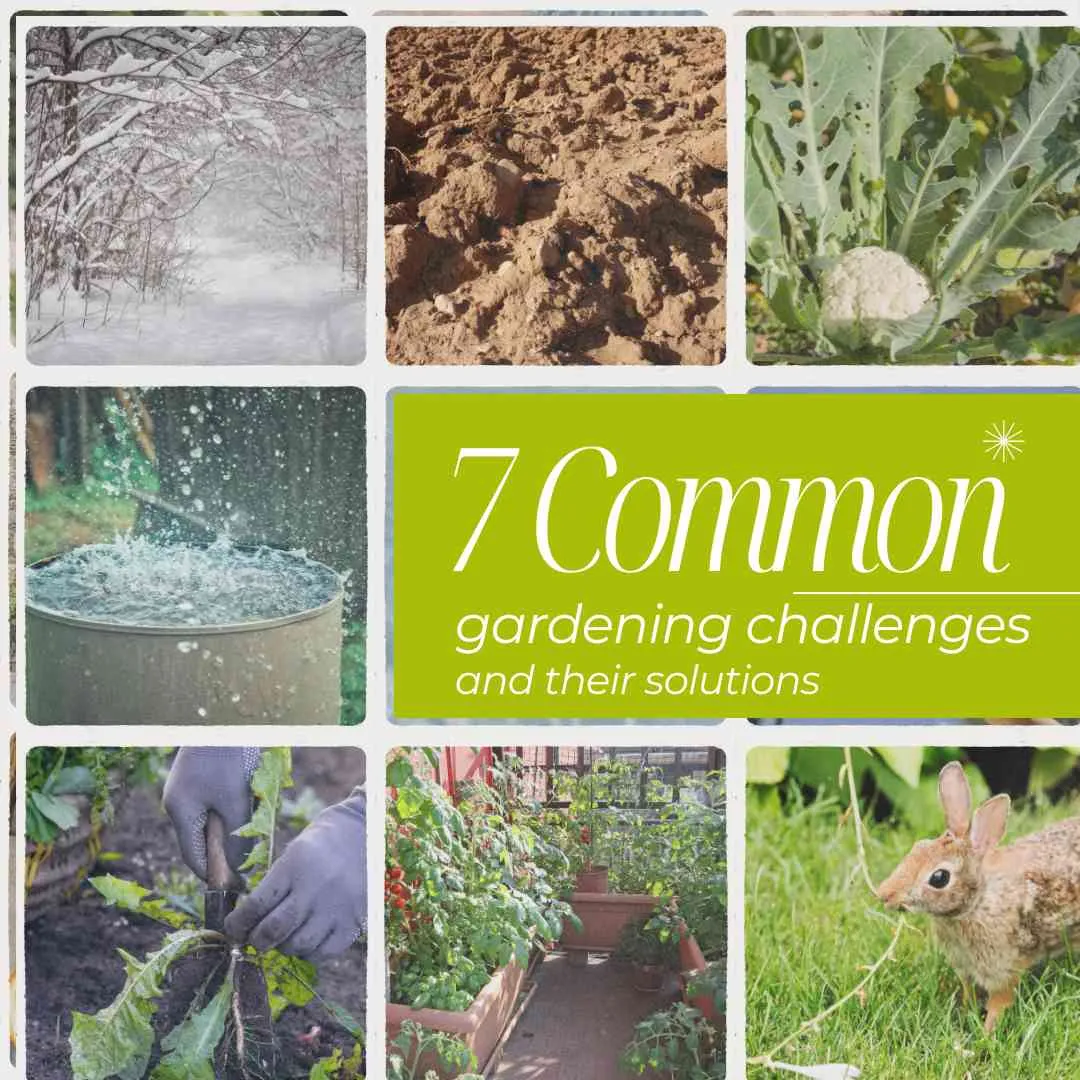
Common Garden Problems with Solutions
1. Cold Weather and Short Growing Season
Brampton's temperate climate features cold winters and a shorter growing season, limiting the types of plants that can be grown. To extend your growing season, you can try the following:
- Start Seeds Indoors: Begin growing your seeds indoors 6-8 weeks before the last expected frost date. This head start allows your plants to be well-established when you transplant them outdoors.
- Cold Frames and Row Covers: These tools can protect plants from early and late frosts, extending your growing season by a few weeks at the beginning or end of the season.
- Choose Hardy Varieties: Opt for plant varieties that thrive in cooler climates, such as kale, peas, broccoli, and certain root vegetables like carrots and beets. Strawberries and raspberries are also good choices.

2. Soil Quality
The soil in Brampton can often be heavy in clay, which impacts drainage and root growth, making it less ideal for many garden plants. To solve this problem, try the following in your garden:
- Amend with Compost: Regularly adding organic compost to your soil improves its structure and fertility. Compost adds vital nutrients and enhances soil aeration and water retention.
- Raised Beds: Building raised beds can significantly improve your soil conditions. Fill them with a mix of compost, peat moss, vermiculite, or compost, coarse sand, topsoil, to create a balanced and fertile growing medium.
- Cover Crops: Crops such as clover or rye are planted during the off-season to improve soil health. When tilled back into the ground, they prevent erosion, add organic matter, and enhance soil structure, making the soil more fertile for the next planting season.
3. Pests
Garden pests like aphids, slugs, and Japanese beetles can cause significant damage to your plants.
Some of my tried and tested organic solutions are:
- Companion Planting: Some plants naturally repel pests. Marigolds, for example, deter nematodes and aphids, while basil repels flies and mosquitoes. Planting these alongside your vegetables can help keep pests at bay.
- Natural Predators: Encouraging beneficial insects like ladybugs, lacewings, and predatory beetles can help control pest populations. Avoiding pesticides ensures these helpful insects can thrive in your garden.
- Homemade Sprays: Organic sprays made from neem oil or a mixture of water and mild soap can effectively control aphids and other soft-bodied insects. These solutions are also safe for your plants and the environment.
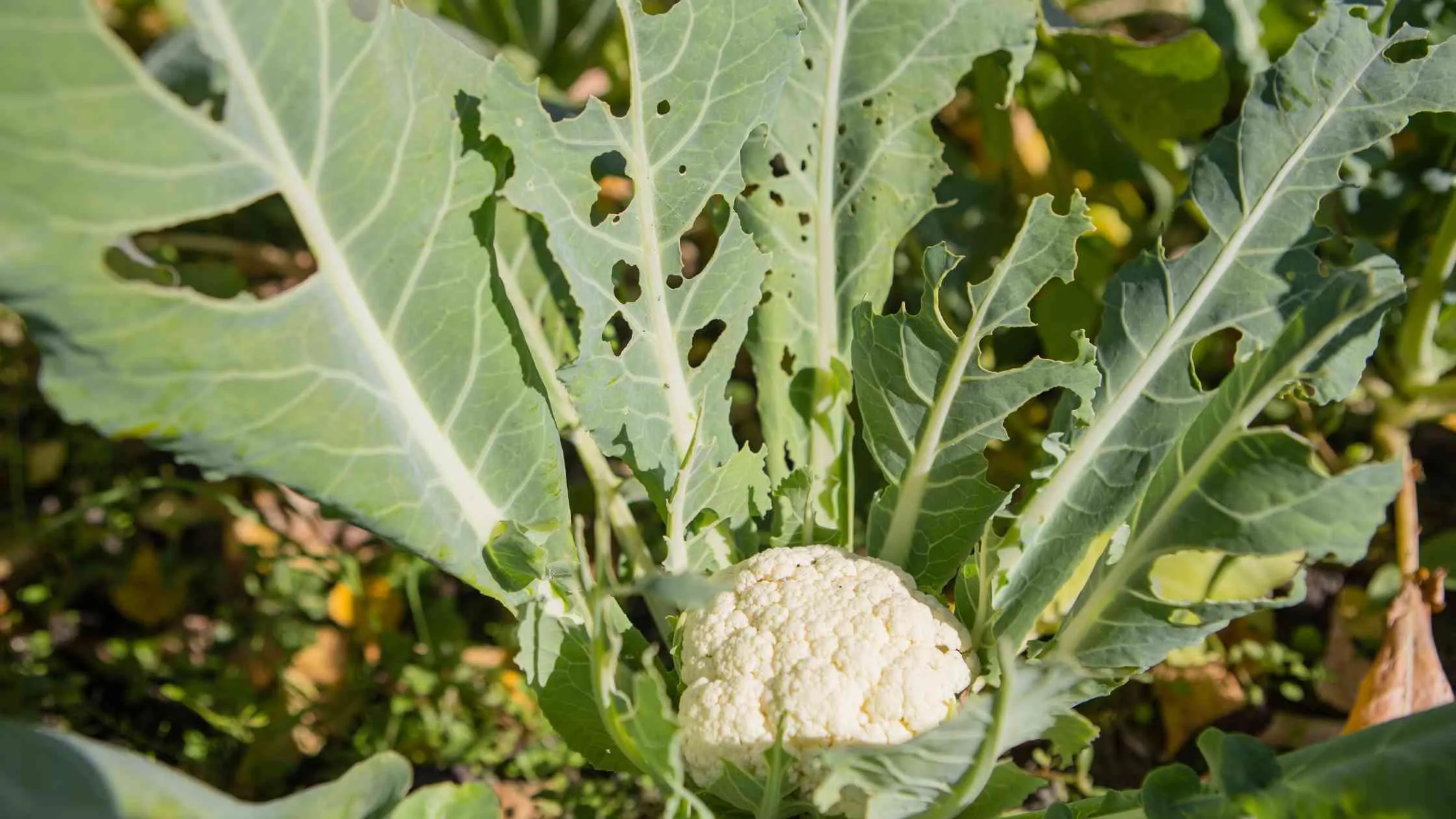
4. Water Management
Inconsistent rainfall can make it difficult to maintain the ideal moisture levels for your plants.
Some water management solutions are:
- Mulching: Applying a thick layer of organic mulch around your plants helps retain soil moisture and reduce evaporation. Mulch also suppresses weeds and adds organic matter to the soil as it decomposes.
- Rain Barrels: Collecting rainwater in barrels provides a sustainable water source for your garden during dry spells. It's an eco-friendly way to ensure your plants stay hydrated.
- Drip Irrigation: Installing a drip irrigation system can provide consistent and efficient watering. Drip irrigation delivers water directly to the plant roots, minimizing waste and reducing the risk of overwatering.
5. Weeds
Weeds compete with your plants for nutrients, water, and sunlight and can quickly take over garden spaces.
To prevent or deter weeds, you can try the following:
- Mulch: A thick layer of mulch conserves moisture and suppresses weed growth. Organic mulches like straw, wood chips, or shredded leaves are excellent choices.
- Hand Weeding: Regularly pulling weeds by hand prevents them from setting seed and spreading. It's a simple and effective way to keep your garden weed-free.
- Cover Crops: Growing cover crops during the off-season can outcompete weeds. These crops cover the soil, preventing weed seeds from germinating and growing.
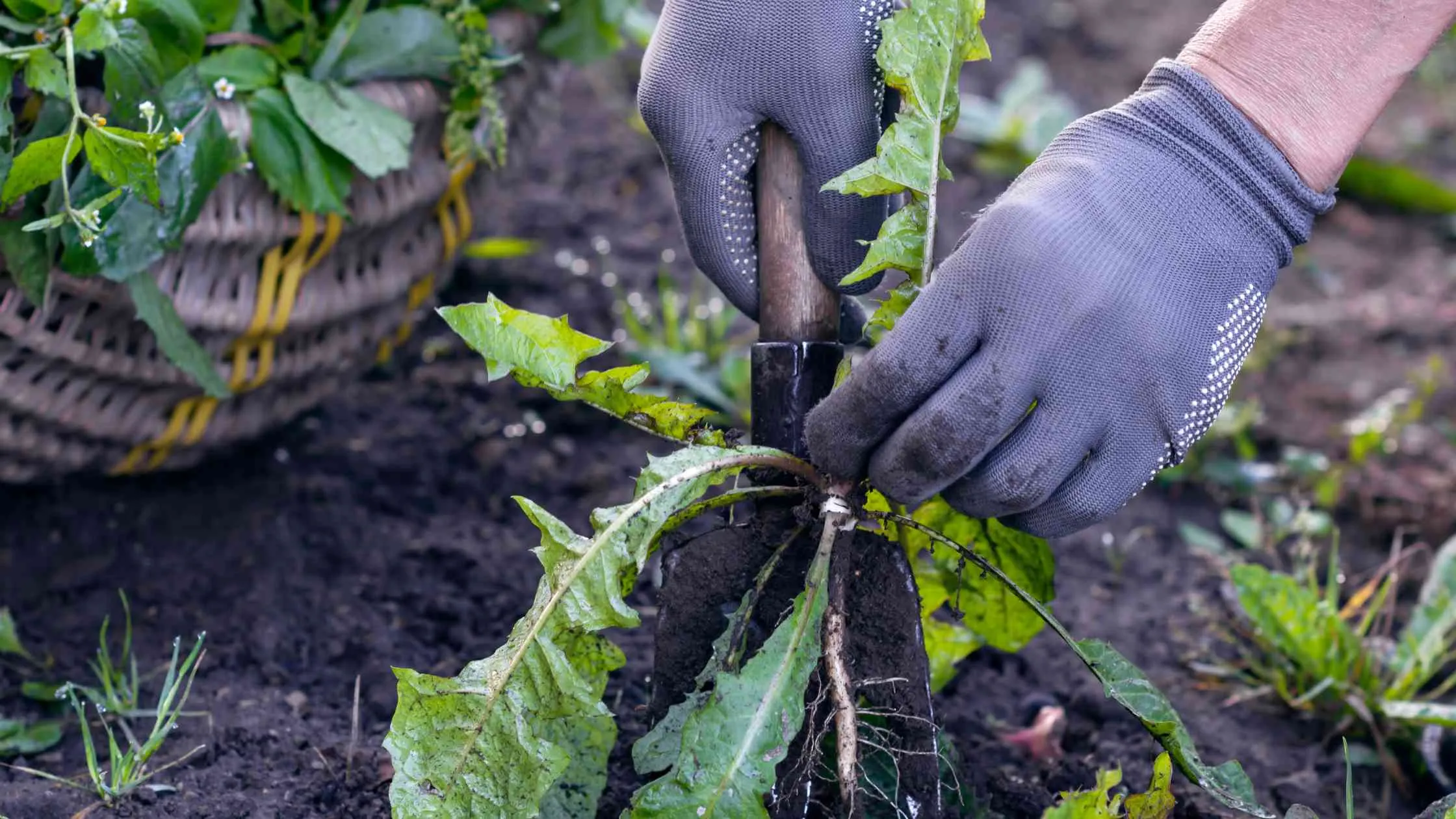
6. Limited Space
Many gardeners in Brampton and southwestern Ontario have small yards or only balcony space, making it challenging to grow a variety of plants.
To maximize your available space, you can try:
- Vertical Gardening: Use trellises, wall-mounted planters, and hanging baskets to utilize vertical space. Climbing plants like beans, peas, and cucumbers can thrive in vertical gardens.
- Container Gardening: Growing plants in pots and containers is a great way to maximize space. Containers can be moved and rearranged to make the most of your area.
- Square Foot Gardening involves dividing your garden space into small, manageable sections (typically 1-foot squares). Each square is planted with a different crop, maximizing productivity in a small area.
7. Deer and Other Wildlife
I don’t see them often in Brampton, but wildlife like deer can damage or destroy your garden plants. I see bunnies, skunks, raccoons, field mice, and even a possum.
To control wildlife in your garden, use:
- Fencing: Installing a tall fence around your garden can keep deer out. The fence should be at least 8 feet tall to deter deer effectively.
- Repellents: Organic repellents from garlic, hot pepper, or commercial organic options can deter wildlife. Reapply these repellents regularly, especially after rain.
- Plant Selection: Choose deer-resistant plants such as lavender, marigolds, and sage. These plants are less appealing to deer and can help protect more vulnerable plants in your garden.
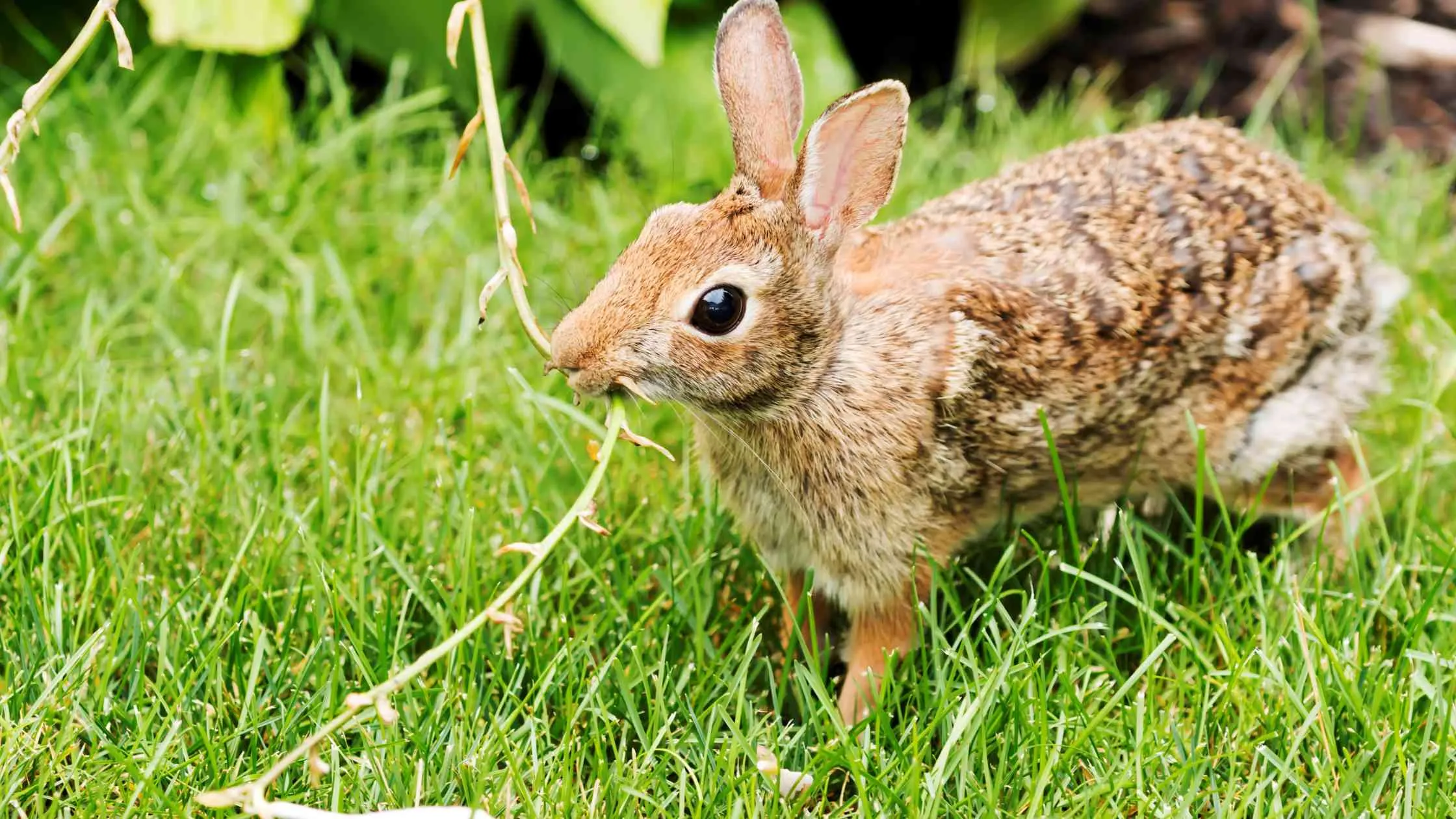
Conclusion
Gardening in southwestern Ontario may come with unique challenges, but with the right strategies, you can overcome them and experience the joy of a bountiful, organic garden. By starting seeds indoors, improving soil quality, managing pests and water efficiently, controlling weeds, making the most of limited space, and protecting your garden from wildlife, you'll be well on your way to becoming a successful green thumb. Embrace the joys of organic gardening, and watch your garden flourish! 🌱🌼
Need help with your garden? Book a consult now!

